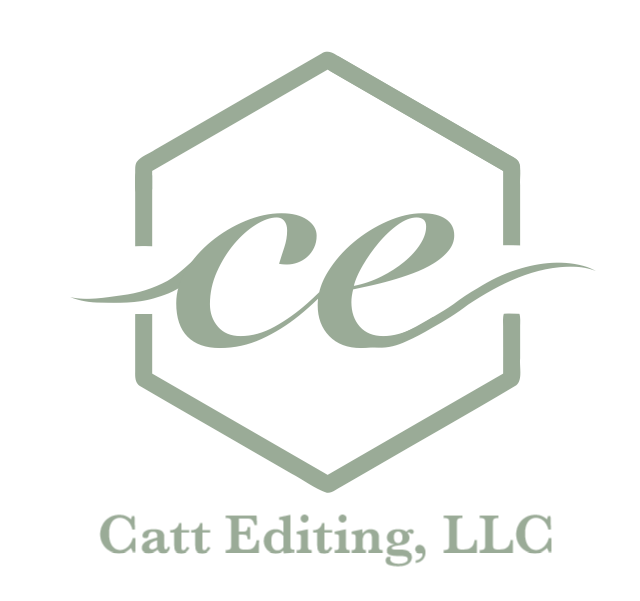Differences Between Memoir and Self-Help Books
I often come across writers who think they’ve written a memoir when they’ve really written a self-help book. And vice versa. Or they want to write a combo book with both.
These two genres are really different though, so it’s best to pick one. Let’s talk about how they are different so you can decide which one you want to write.
Audience
There are many reasons someone picks up a memoir. Some of your readers had a similar experience and want to know what it was like for you. (“I love surfing. I want to know more about other people who love surfing too.”) Some of your readers have no knowledge about your experience and want to learn about it. (“I have no idea what it’s like to be a professional surfer, but I’d like to learn more about it.”) Some of your readers just want to know more about you as a person and what you went through. (“A famous surfer I like wrote a memoir. I want to read it because I like them.”)
Self-help readers want to read a book to better themselves. This is really the only reason to read a self-help. If you have no intention of implementing the teachings, it’s kind of a waste of time.
Purpose of the Book
In self-help books, you are telling the reader what they should gain from the book. You tell them exactly what they should do, how to do it, when to do it, etc., to make their life better. It’s not up for debate what a self-help author wants the reader to learn like it is in memoirs.
In memoirs, you tell your story so others can gain insight about your experience and learn from it. You are just telling your story; whatever the reader learns from it is up to them.
Aspects of the Book
Memoirs are made up of stories from your life. Self-help books can have anecdotes too as long as they serve another purpose. Randomly mentioning your favorite schoolteacher as a child won’t help your self-help audience improve their lives. That’s a story for your memoir. To include it in your self-help book, you could explain how having a role model like your favorite schoolteacher as a child really helped you do X. Then you can explain why everyone else should have a role model as well. Anecdotes are great in self-help books because they demonstrate the teachings—but they need to have a purpose for being there.
Self-help books sometimes have exercises or steps to follow in the book. If you have a to-do list of items for your reader to complete at the end of every section, that’s for sure a self-help book.
Why Can’t I Do Both in One?
Self-help readers want to be told what to do to improve their lives. If they read a memoir, it’s going to feel vague and unhelpful. That memoir barely even gave them any steps to take. 0/5 stars.
On the other hand, if someone wants to read an inspiring, entertaining memoir but they get a self-help book, they might be annoyed. Why is that book telling them what to do? So bossy. It’s not even inspiring or entertaining. 0/5 stars.
These two genres serve very different purposes for very different readers. Make sure you know which one you’re writing so you can market appropriately and have a cohesive book that serves your audience best.
